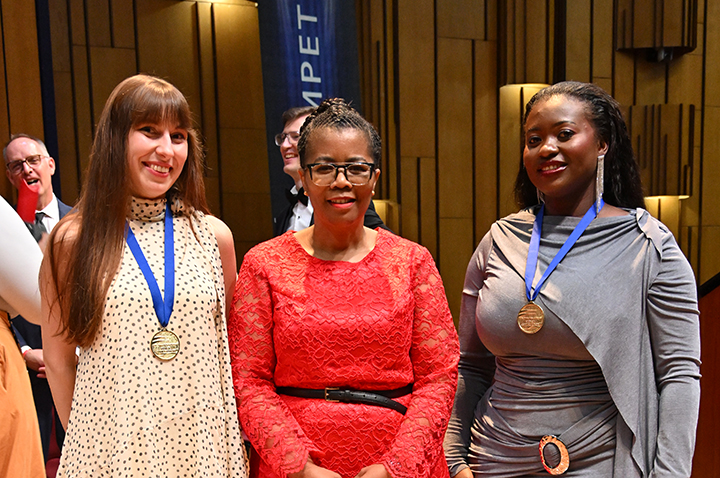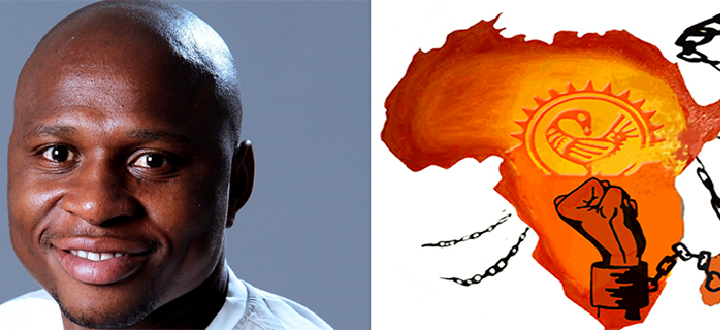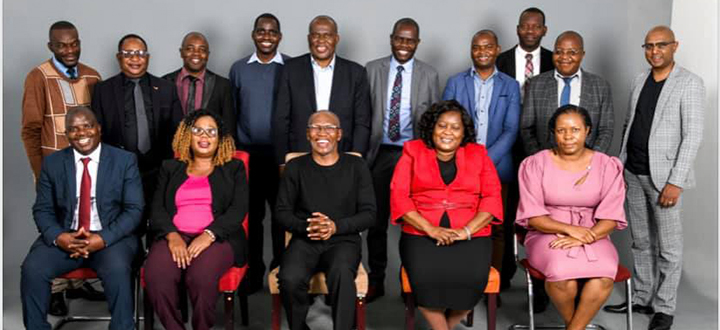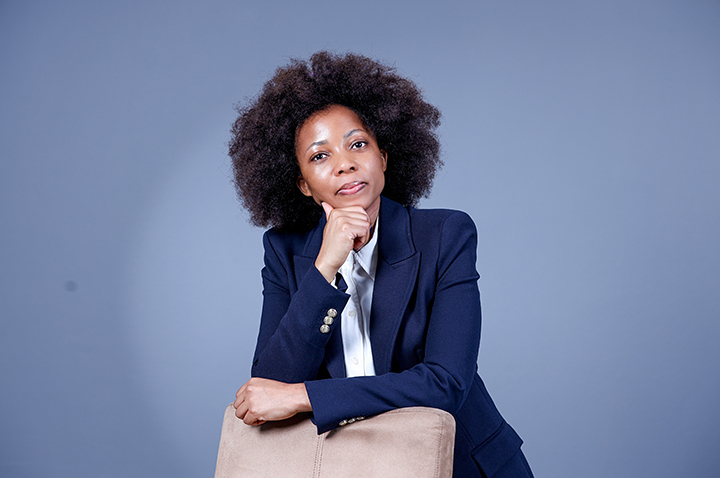
Producing over 40% of teachers in South Africa
On 21 August 2017, the Department of Inclusive Education of the College of Education (CEDU) held an autism and inclusion seminar on Unisa’s Sunnyside Campus. Presented by Dr Mary Clasquin-Johnson and Dr Tawanda Majoko, the event served to delve into the personal, economic, and social ramifications of raising a child with autism, as well as the impact on the education provided to children on the spectrum.

Dr Tawanda Majoko and Dr Mary Clasquin-Johnson from CEDU’s Department of Inclusive Education
“We can only offer guidelines and advice to parents, and make recommendations that we hope in the longer term will have policy and practice improvements for not just ourselves but all South Africans,” said Clasquin-Johnson, speaking on her co-authored work, ‘How deep are your pockets?’—Autoethnographic reflections on the cost of raising a child with autism.
She spoke from personal experience on the economic pressures of raising a child who has been diagnosed as being on the spectrum. She noted the high cost of living, aggravated by increased medical costs, the cost of therapy, and schooling costs incurred. “Autism is framed as a complex lifelong disability accompanied by neurological and developmental abnormalities. Parents in South Africa cannot afford the cost of therapeutic, remedial, and biomedical interventions. Parents of children with autism constitute a very vulnerable community of South Africans—the cost is overwhelming.”
Clasquin-Johnson noted that classes need to specialise (a maximum of six children) for children on the spectrum, but that therapy of up to 40 hours in a month causes a not insubstantial additional cost that even parents living in what is perceived as “privilege” cannot possibly afford. “Autism creates significant stress in parents who will do anything, make any sacrifices, to give their children the support they require. The fear that these children will outlive their parents and need to be cared for is something that causes immeasurable harm to parents.”
Majoko, building on Clasquin-Johnson’s fears regarding cost, pointed out that education is not as inclusive as the average parent is led to believe. In his presentation on autism and inclusion, he noted that he studied the effects of raising a child with autism as an outsider looking into a typical family situation. He specified that parents raising children with autism were turned away from schools and were given recommendations for schools that might be willing to take the child.
He noted that this was a way of “shifting responsibility” to the next recommended school, without any of that responsibility remaining on the schools that refuse entry to children with autism. Majoko spoke of the fact that, while specialised schooling systems exist, they are unaffordable, tying in with Clasquin-Johnson who expressed a similar sentiment, that most specialised schools require extensive care, outside of fees, that parents simply cannot afford. “Sharing our experiences is critical in quality care and support to individuals and families in similar situations,” he said. “We need to adjust our responses, not just limited to our interactions with the child, but with the parents, the family as a whole.”
“Our duty is to provide insight into the state of autism education and care in South Africa,” said Clasquin-Johnson. “And we must pay special attention to its cost and sustainability. Using evocative autoethnographic stories together with critical autism studies, we hope to do just that.”
*By Carmen Taxer
Publish date: 2017/09/11
 Unisa celebrates a project of hope, dignity and student success
Unisa celebrates a project of hope, dignity and student success
 Women vocalists take top honours at Unisa's globally renowned showcase
Women vocalists take top honours at Unisa's globally renowned showcase
 African wealth is dependent on investment in education and development
African wealth is dependent on investment in education and development
 Unisa celebrates matric result success at Correctional Services ceremony
Unisa celebrates matric result success at Correctional Services ceremony
 Unisa ICT Director recognised among acclaimed IT leaders
Unisa ICT Director recognised among acclaimed IT leaders